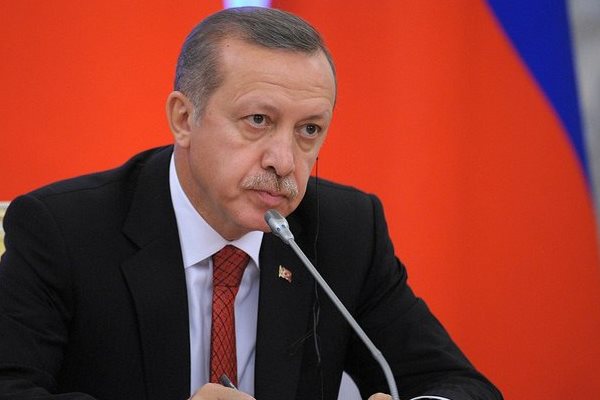PRESS RELEASE (see original)
Twenty-nine Turkish publishing houses have been closed under the government ‘Decree on necessary measures under the state of emergency and regulations regarding some institutions’, published on 27 July 2016.
Under the decree, all goods, assets, rights, documents and papers belonging to the 29 publishing houses will be transferred free of charge to the Treasury. No appeal can be made, and the Treasury will not be liable for any monies owed by these publishing houses.
In addition, three news agencies, 16 television stations, 23 radio stations, 45 newspapers and 15 magazines were also closed. According to the State of Emergency Decree, further publishing houses, magazines and newspapers may be shut down following a request of the committee formed by ministers and the approval of the relevant minister.
Immediately following the coup attempt, the Turkish Publishers Association announced its opposition to coups and such attempts against democracy. The TPA condemns this assault on parliamentary democracy, the government and the people, and our sympathies go to the families and loved ones of the citizens, journalists and security forces who lost their lives during the coup attempt.
However, the closure of 29 publishing houses and the potential closure of more carries the risk of human rights violations, the stifling of freedom of thought and expression and also irreparable financial and moral losses. Given that most of the closed publishing houses were already under the management of trustees, the TPA believes that the legal process could have proceeded, and necessary justice carried out, without resorting to these closures.
The State of Emergency Decree renders it impossible to request any compensation for debts and receivables incurred through the business activities of the closed publishing houses. This will put the publishing sector in great difficulty, since it typically functions with long payment lead times. Consequently, a number of secondary companies serving the sector, such as printing presses, bookbinders and distributors, will also face bankruptcy.
Authors and translators whose works were published by these publishers will also suffer, as they will be unable to collect copyright money owed to them. The publishing employees that made their living at any the 29 publishing houses, with no criminal involvement, will also be denied their rights, their jobs, and any outstanding wages.
We hope that the constitutionally guaranteed principle of ‘Innocent until proven guilty in a court of law’ will be respected, that the rule of law and democratic principles will be respected, and that any action that may prevent freedom of thought and expression, freedom to publish and the right to news and information will be avoided.

